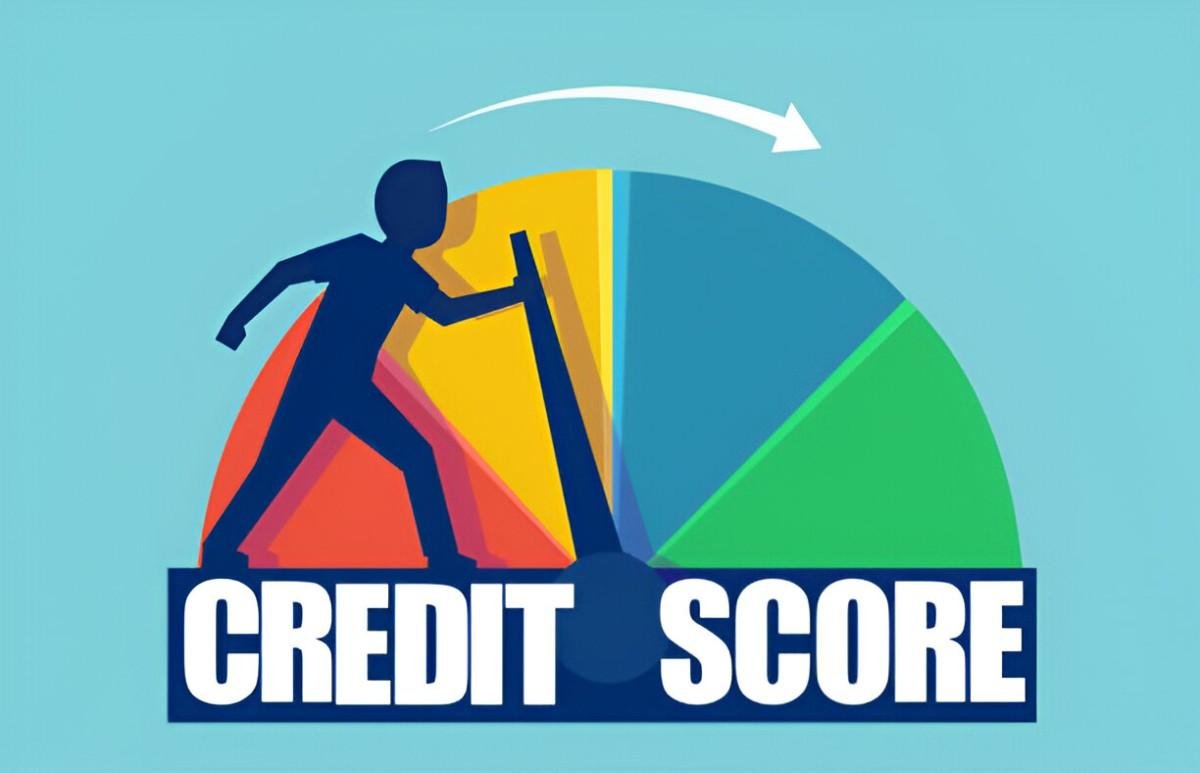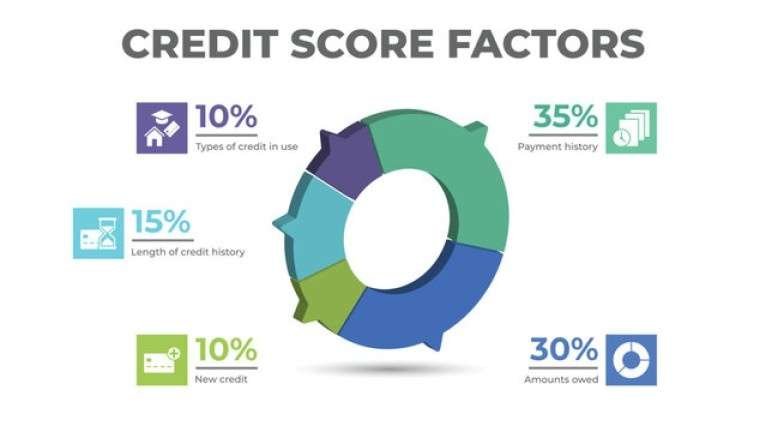Introduction
A strong credit score opens doors to better financial opportunities. Whether applying for a mortgage, securing a low-interest loan, or even renting an apartment, lenders assess creditworthiness based on this three-digit number. I will guide you through the most effective strategies for increasing your credit score, breaking down the process with real-world examples, calculations, and actionable steps.
Table of Contents
Understanding Credit Scores
In the U.S., credit scores range from 300 to 850, with higher numbers indicating lower credit risk. The primary scoring models are FICO and VantageScore, each weighing factors differently. The breakdown of FICO scores is as follows:
| Credit Score Range | Rating |
|---|---|
| 300 – 579 | Poor |
| 580 – 669 | Fair |
| 670 – 739 | Good |
| 740 – 799 | Very Good |
| 800 – 850 | Exceptional |
Components of a Credit Score
FICO scores consider five key factors:
| Factor | Weight (%) |
|---|---|
| Payment History | 35% |
| Credit Utilization | 30% |
| Length of Credit History | 15% |
| New Credit | 10% |
| Credit Mix | 10% |
Each factor plays a role, and understanding them can help improve your score effectively.
Improving Your Credit Score Step by Step
1. Pay Bills on Time
Since payment history comprises 35% of your score, paying bills punctually is crucial. A single late payment can lower your score significantly. Suppose you miss a $200 payment on your credit card, and it is reported as 30 days late. Your score might drop by 60 to 110 points depending on your initial score.
Impact of Late Payments:
| Late Payment Duration | Estimated Score Drop |
|---|---|
| 30 Days | 60 – 110 points |
| 60 Days | 90 – 130 points |
| 90+ Days | 110 – 150 points |
Setting up automatic payments or calendar reminders helps prevent missed payments.
2. Reduce Credit Utilization
Credit utilization measures how much of your available credit you use. A lower utilization rate improves your score. The ideal utilization rate is below 30%, but keeping it under 10% yields better results.
Example Calculation:
If you have three credit cards with the following limits:
- Card 1: $5,000
- Card 2: $3,000
- Card 3: $2,000
Your total available credit is $10,000. If your balance is $4,000, your utilization rate is:
\text{Utilization Rate} = \frac{\text{Total Balance}}{\text{Total Credit Limit}} \times 100 \text{Utilization Rate} = \frac{4000}{10000} \times 100 = 40%To improve your score, pay down balances to keep utilization under 30%, ideally below 10%.
3. Increase Credit Limits
Requesting a credit limit increase can reduce your utilization ratio. If your issuer raises your limit from $10,000 to $15,000 and your balance remains $4,000, your new utilization rate is:
\text{New Utilization Rate} = \frac{4000}{15000} \times 100 = 26.67%This simple change improves your score without making additional payments.
4. Keep Old Accounts Open
Credit history length contributes 15% to your score. Closing old accounts shortens your average account age, potentially lowering your score.
Example:
If you have three cards:
- Card A (5 years old)
- Card B (3 years old)
- Card C (1 year old)
Your average account age is:
\text{Average Age} = \frac{5+3+1}{3} = 3 \text{ years}If you close Card A, the new average age is:
\text{New Average Age} = \frac{3+1}{2} = 2 \text{ years}This reduction negatively affects your score. Keep old accounts open to maintain a strong credit history.
5. Diversify Your Credit Mix
A mix of revolving credit (credit cards) and installment loans (mortgages, auto loans) signals responsible credit management. If you only have credit cards, consider a small personal loan to improve your credit mix.
6. Limit Hard Inquiries
Applying for new credit triggers a hard inquiry, lowering your score slightly. Multiple inquiries within a short period suggest financial distress. Limit applications and space them out over time.
7. Dispute Errors on Your Credit Report
Errors such as incorrect late payments or fraudulent accounts can damage your score. Obtain free reports from AnnualCreditReport.com and dispute inaccuracies with the credit bureaus.
How Long Does It Take to Improve Your Score?
The timeline varies based on starting conditions and actions taken:
| Action Taken | Estimated Time for Improvement |
|---|---|
| Pay Down Credit Balances | 1 – 2 Months |
| Correct Errors on Report | 1 – 3 Months |
| Establish On-Time Payments | 6 – 12 Months |
| Increase Credit History Length | Ongoing |
Final Thoughts
Raising your credit score requires patience and consistency. By paying bills on time, reducing utilization, keeping old accounts open, and managing new credit wisely, you can achieve a higher score and access better financial opportunities. Implement these steps today and monitor your progress regularly to stay on track.





